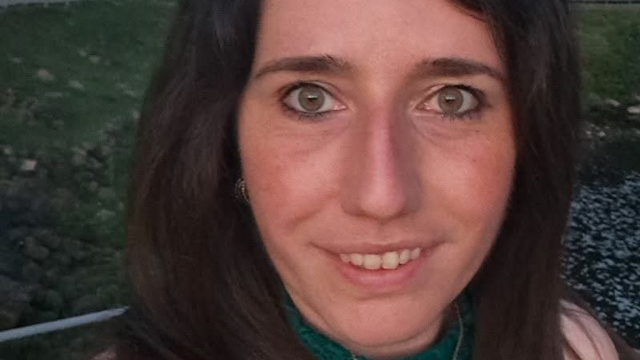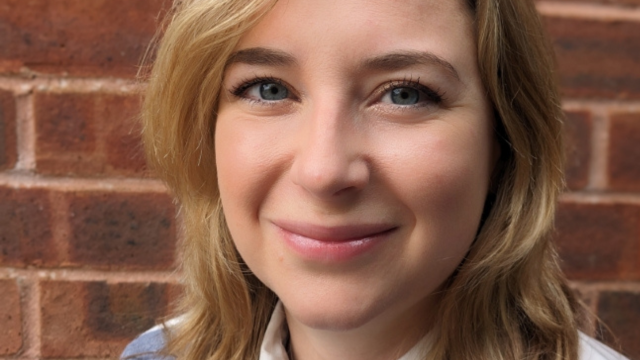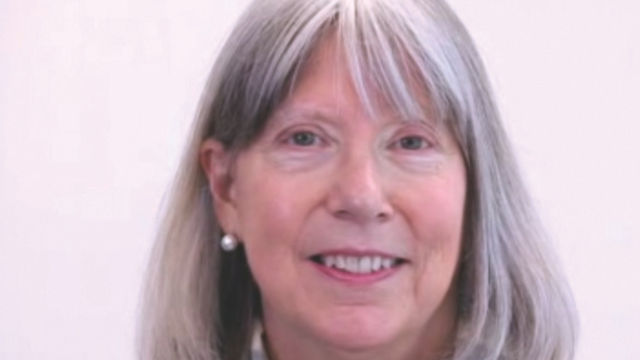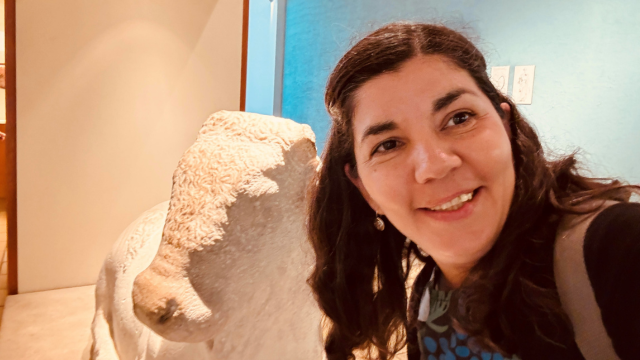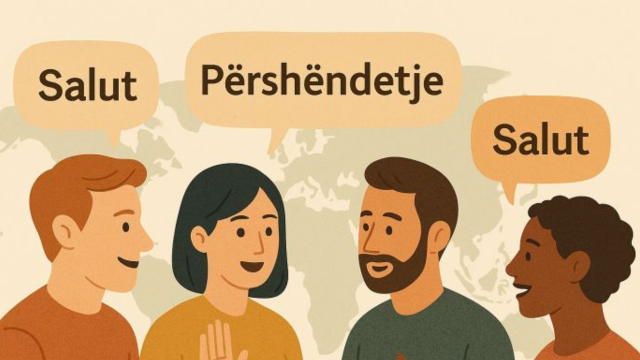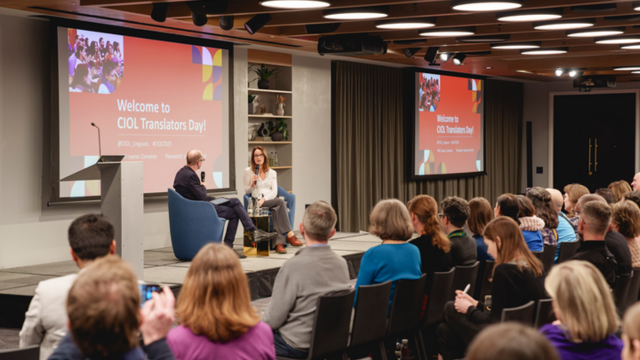-
QUALIFICATIONS
- For Linguists Worldwide
- For UK Public Services
- Preparation
- Policies & Regulation
-
MEMBERSHIP
- Join CIOL
- Professional Membership
- Affiliate Membership
- Chartered Linguist
- Already a member?
- Professional conduct
- Business & Corporate Partners
-
LANGUAGE ASSESSMENTS
- English
- All Other Languages
-
CPD & EVENTS
- Webinars & Events
- CIOL Conferences
- Networks
- CIOL Mentoring
-
NEWS & VOICES
- News & Voices
- CIOL eNews
- CIOL Awards
- The Linguist Magazine
- Jobs & Ads
-
RESOURCES
- For Translators & Interpreters
- For Universities & Students
- Standards & Norms
- CIOL & AI
- All Party Parliamentary Group
- In the UK
- UK Public Services
- Find-a-Linguist
LKT and the Evolution of Translation
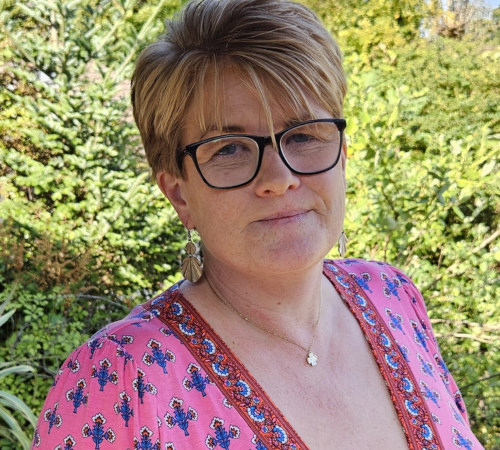
As LKT celebrates their 20th birthday in October, Louise Killeen is in conversation with CIOL’s Head of Membership Dom Hebblethwaite
Q: How and why did you set up LKT?
A: LKT started about 23 years ago when I decided to go freelance after several years working in-house as a translator and operations manager. I set up in my spare bedroom with a dial-up connection, initially with no ambitions beyond freelance translation. However, customer demand for combined services, including ISO compliance, led me to change direction.
Clients were looking for a complete package – translation plus revision and review – which an individual freelancer couldn't offer. Knowing only too well how difficult it can be to get started in the profession, I reached out to Salford University, where I’d completed my MA in Translating, to work with recent graduates – and that’s when LKT became the “LKTeam” – 20 years ago this October, in fact!
Q: Can you tell us more about LKT?
A: I’ll be honest and say that I never had a “grand plan”, and I often joke that I grew a translation company largely by accident! LKT is a single-language vendor working from German into English providing technical and commercial translation services to large LSPs in the main. Since the beginning, we’ve maintained our model based on a small, close-knit in-house team supported by a trusted pool of freelance translators, some of whom previously worked in-house. We’re proud to have long-standing relationships with many of our customers, and some have been gained through personal connections with project managers who have moved to pastures new and taken us with them – a very welcome human touch in a profession in which automation is becoming increasingly dominant.
Q: What changes have you observed in language learning over the years?
A: The language learning landscape has taken a few knocks in recent years, with several universities closing their language schools. We need to be instilling a passion for learning languages in our young people. Sadly, language teaching and learning seems to me to be very undervalued.
Q: How has technology, particularly AI, impacted the translation industry?
A: The big difference with AI compared to previous translation technologies like CAT tools is that it’s not exclusive to the language services profession. Its widespread acceptance and use validate AI in a way that gives it standing, but it does not reflect how translation has different needs that AI may not be able to meet. The perception is that if it can create and write a product presentation, it can also translate an instruction manual, for example.
There's also risk and responsibility to consider. Machine translation engines appear to be stepping into the translator's role, with the human translators tasked with revising MT output. The same results and equivalent quality are expected to be achieved but revising MT output simply isn’t the same as revising a draft produced by a human translator. This shift in dynamics requires a recalibration of how we approach quality assurance and client expectations.
Q: How does machine translation interact with existing translation memory systems?
A: I can only speak from our own experience, but for customers with a large amount of legacy data in CAT tools, machine translation can mean that things take longer because MT adds a layer of information that takes time to process. There's often a battle between the machine translation output and the human legacy data from translation memory, and in these cases the resulting reduction in efficiency goes against the intended purpose of MT, which – from a purchaser’s standpoint at least – is to make things more cost-effective by speeding up the whole process.
Q: What's your view on the future of translation given these technological advancements?
A: Whilst I do believe that there’s still an element of “wait and see” and that things will settle down, it appears that there’s no going back from AI. This can make me feel sad, frustrated and disappointed, but at the same time, I know that AI can't replicate the nuanced understanding, cultural knowledge and precision that human translators bring. We need to lead the integration of technology, ensuring that quality, accuracy and the true essence of communication remain at the heart of our work.
It's about adapting and proving our value in this evolving landscape. The human needs to be in control, not just in the loop. There are some tasks that machines can do well (and that I wouldn’t want to be doing as a human translator), but it's about using the right tool for the job.
As translators, we need to be more transparent about what we do and how we do it. There's a general lack of understanding about what it takes to be a translator, unlike other professions where people have a clearer idea of the necessary skill sets. This lack of transparency and visibility feeds into the perceived value (and consequential undervaluing) of our profession. We must be at the top of our game by continuously developing our skills through CPD and raising our profile as an essential link in the global supply chain.
Moving forward, we need to focus on demonstrating our value, adapting to technological changes, and ensuring that the human element remains not only central to but also in control of the translation process.
Louise Killeen holds an MA in Translating and MA (Oxon). She translates from German to English, and is Director and company founder of Louise Killeen Translations Ltd (LKT). Louise is a Fellow of the Chartered Institute of Linguists and a Chartered Linguist. You can find and follow her on LinkedIn.
Views expressed on CIOL Voices are those of the writer and may not represent those of the wider membership or CIOL.
More
The Chartered Institute of Linguists (CIOL), Incorporated by Royal Charter, Registered in England and Wales Number RC 000808 and the IoL Educational Trust (IoLET), trading as CIOL Qualifications, Company limited by Guarantee, Registered in England and Wales Number 04297497 and Registered Charity Number 1090263. CIOL is a not-for-profit organisation.

